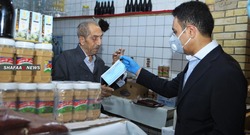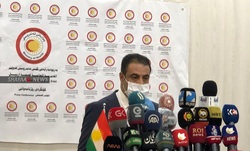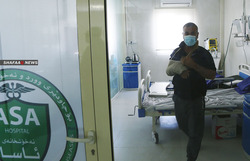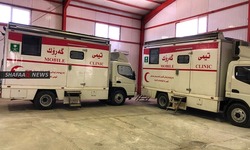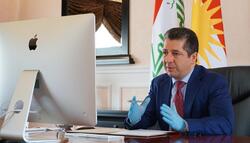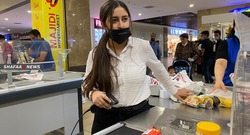Kurdistan region grapples with growing pressures from neighboring countries, Iraqi factions
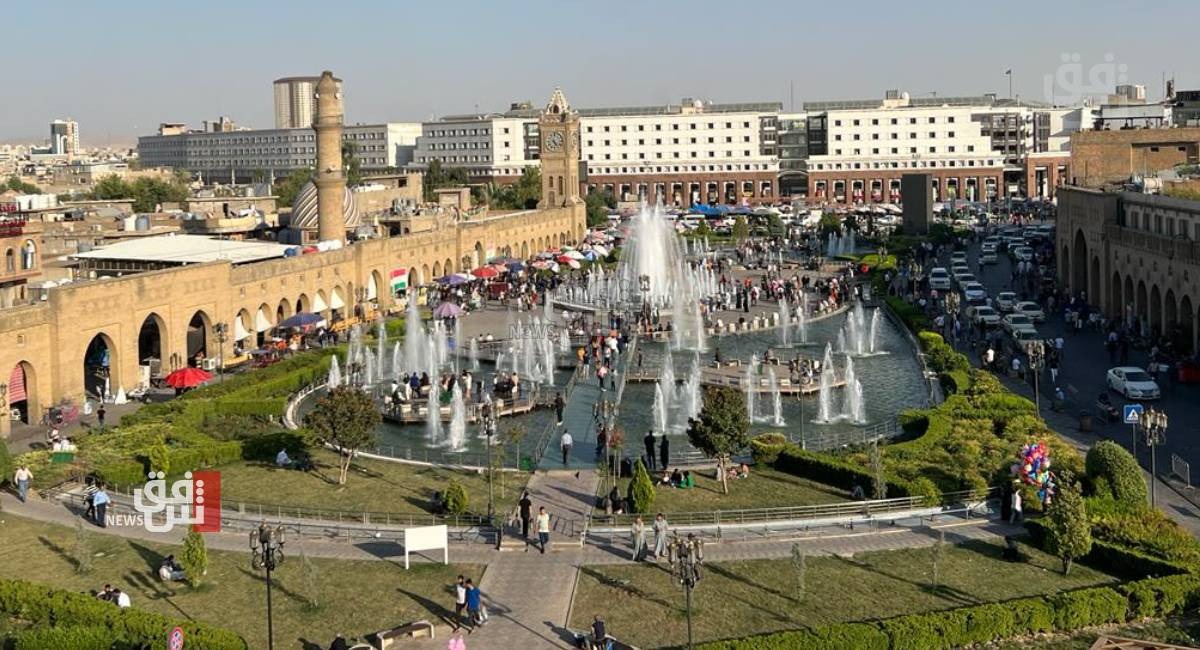
Shafaq News/ The autonomous Kurdistan Region of Iraq finds itself in the midst of potentially unparalleled crisis as it navigates mounting pressures from Baghdad, Tehran, and Ankara amidst rising internal factionalism, a recent report by the Jerusalem Post said.
Since its pivotal role in the defeat of ISIS in 2017, the Kurdistan Region has transformed into a stable and secure hub for business and tourism. However, this success appears to be eyed warily by neighboring entities, instigating a series of pressures and threats that jeopardize its stability.
The Kurdish political landscape is primarily segmented between the Kurdistan Democratic Party (KDP) and the Patriotic Union of Kurdistan (PUK), with the former holding substantial influence in the capital, Erbil. The KDP’s robust ties with Ankara facilitate prosperous cross-border trade and financial relationships with Turkey. Yet, this relationship has not precluded military campaigns by Ankara in northern Iraq, purportedly targeting the PKK group, which Turkey classifies as a terrorist organization.
"Turkey claims to be fighting the PKK, which it calls ‘terrorists.’ However, the bombardments against the alleged PKK elements led to concern for Kurdish civilians and other communities in and around Dohuk, one of the region’s cities," states the report.
Meanwhile, Iran is amplifying its militaristic rhetoric against the region, leveraging closer affiliations with the PUK. Tehran's escalation coincides with the anniversary of the death of Iranian Kurdish woman Mahsa Amini at the hands of Iran’s morality police, which has seen a subsequent crackdown on Kurdish groups.
"Iran now says there is a deadline for Iraq to take action and disarm dissident groups. Tehran’s goal is to create an excuse for more military operations," the report notes, highlighting Iran’s persistent threats of leveraging Iranian-backed militias and advancing arsenal of drones and missiles in potential confrontations.
Moreover, President Nechirvan Barzani accentuated the region’s commitment to transparency and adherence to its obligations towards Baghdad in a recent statement. However, the region continues to face threats, including potential budgetary constraints imposed by the central government in Baghdad.
Reportedly, President Barzani has sought the intervention of U.S. President Joe Biden in the deepening crisis, fearing potential disintegration of the Kurdistan entity amidst the escalating tensions.
The report underscores a looming deadline set by Iran, mandating the disarmament and address of Kurdish dissident factions opposed to the Iranian regime by September 19. These groups are increasingly consolidating in the wake of Tehran's threats, unifying against potential aggressions.
While the Kurdistan region historically enjoyed support from Western powers and maintains economic alliances with the Gulf nations, it currently grapples with a sense of isolation in northern Iraq, acting as a strategic nexus amidst the conflicting interests of Iran, Turkey, and Baghdad.
